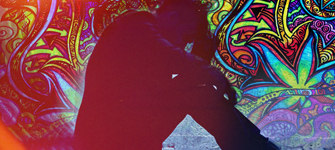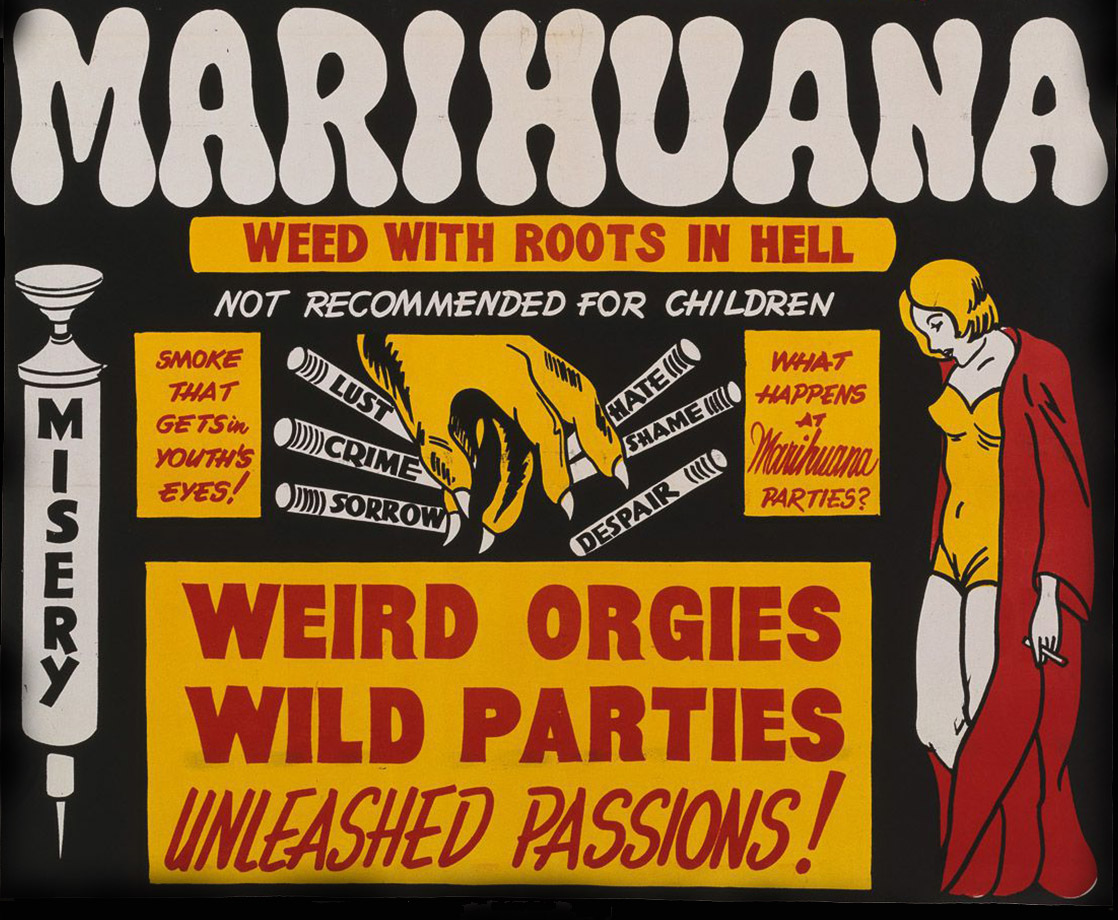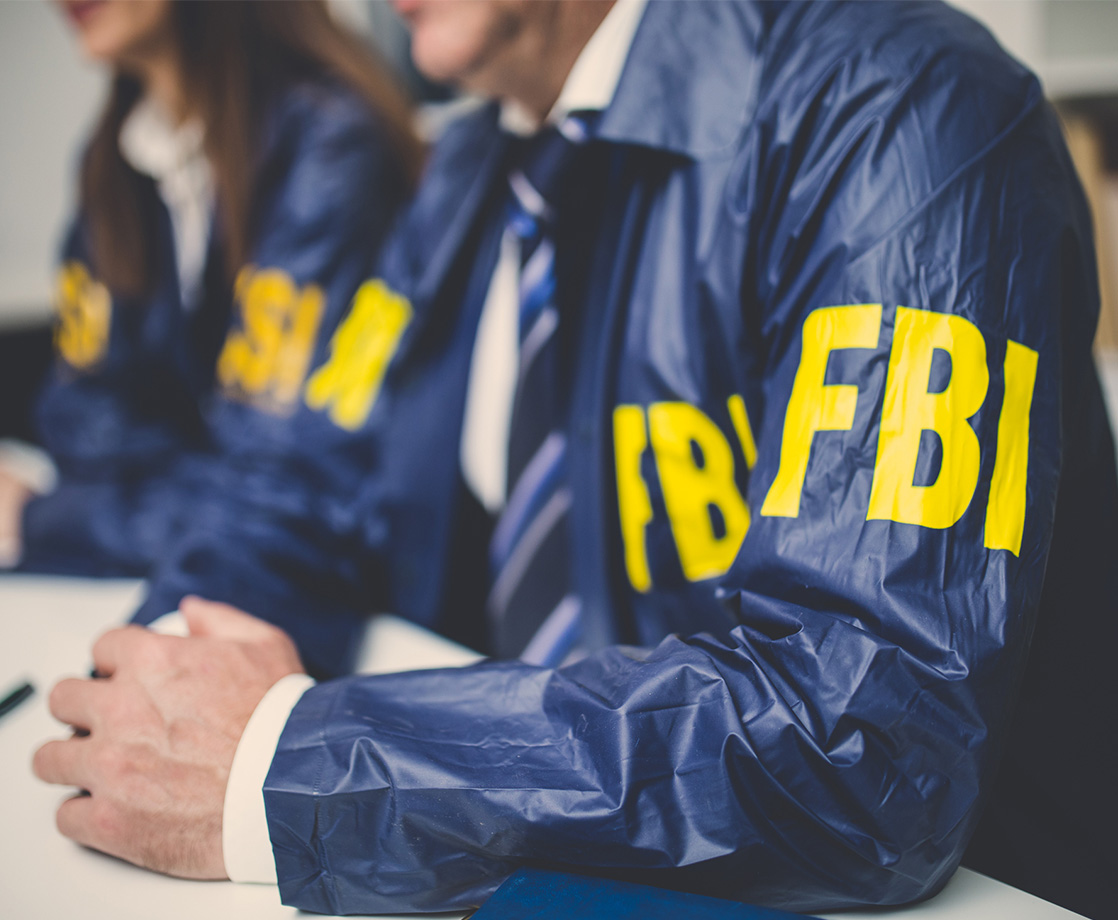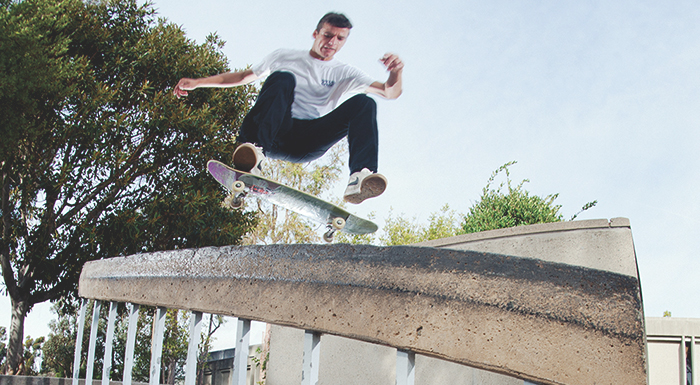Psychedelics are beginning to make the climb into the medical field. In the 1960s, psychedelics were all the rave. They were a way to get out of your mind and see things from a different perspective. Psychedelics wove themselves into Beatles lyrics and became a key cultural aspect of that era. Today, psychedelics are being considered for treating depression.
LSD and Psilocybin (the active ingredient in hallucinogenic mushrooms) are psychedelics that help connect the conscious to the unconscious mind. Psychoactive substances have a tendency to let the user drift away from reality and experience existential sensations. For a person with depressive behavior, this could be the key to a better, healthier life.
Merging the conscious and unconscious mind forces a person to confront their deepest darkest fears, activating their most depressive thoughts. But, when a person confronts their fears and their anxiety, it shortcuts their recovery process and lets the person cope with what they now know is making them depressed.
In the way that marijuana is helping patients cope with physical ailments, such as epilepsy, chronic pain and other limits, psychoactive drugs such as LSD and Psilocybin are helping patients that suffer from mental ailments.
To prove the benefits of these drugs, A 2012 study carried out by Cardiff University found that when Psilocybin enters the bloodstream, blood flow significantly decreases in certain parts of the brain, meaning Psilocybin can help reverse subconscious patterns of addictive or negative thoughts.
Other studies show credible evidence that psychoactive treatment can ultimately help patients with serious mental illnesses. A 2014 study showed LSD helps people overcome anxiety about death, a 2012 study proved MDMA could potentially reverse the effects of PTSD and a 2006 study that involved OCD patients showed that Psilocybin had a calming, tranquil effect.
There are more than a few barriers to this type of research, with the majority being legal restrictions. In 1970, Nixon outlawed such drugs as LSD in his Controlled Substance Act. In Nixon’s eyes, these drugs were dangerous to Americans because of potential mental harm.
Dr. David Nutt, a British psychologist and professor of medicine, disagrees with the notion that psychedelics could be more harmful than helpful. In an interview with Psychedelic Press, Nutt comments on the absence of logic.“The world needs to wake up to the potential of drugs like LSD and Psilocybin, and also cannabis,” Nutt says. “Every day that goes on with these drugs illegal, patients are suffering.”
Nutt describes patients that are missing out on such treatments because of prohibitions on recreational drugs, which is very similar to what’s going on with cannabis at the present moment. “We’ve banned research on psychedelic drugs and other drugs like cannabis for 50 years,” Nutt tells readers. “Truly, in terms of the amount of wasted opportunity, it’s way greater than the banning of the telescope. This is a truly appalling level of censorship.”
According to Nutt, an expansive cognitive stretch of the mind and a wider exploration of human potential could be just on the horizon. If the United States can finally start to understand the benefits of a historically illegal substance such as marijuana, how far away are we from realizing the same for psychedelics?











